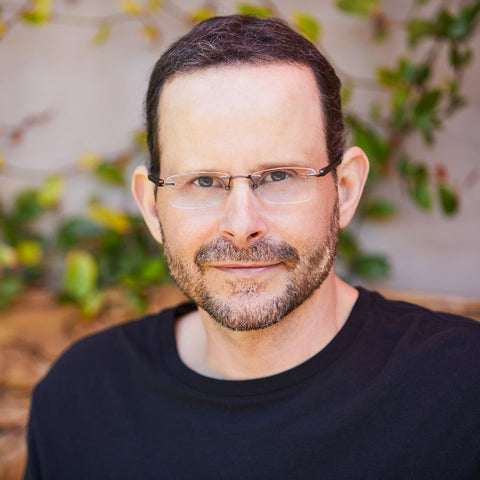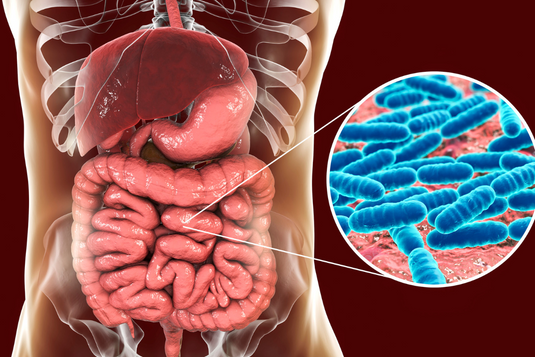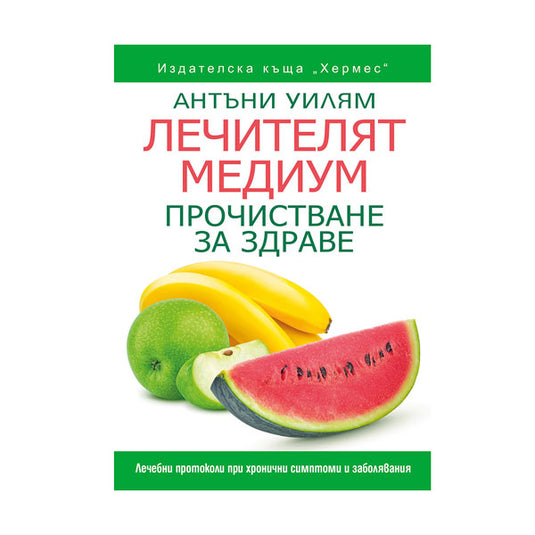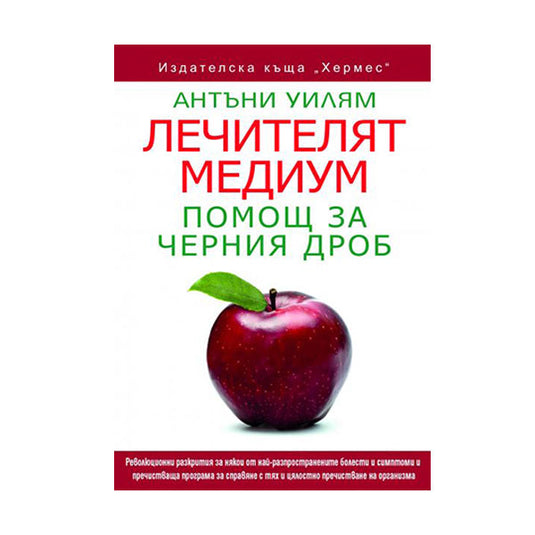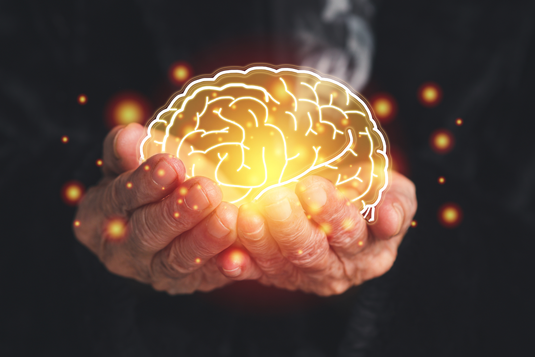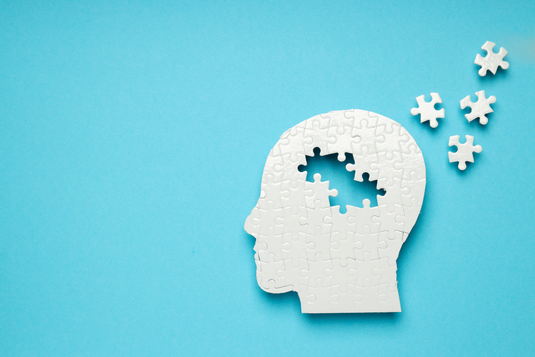Why is the world of nutraceuticals (food supplements) experiencing such a boom? Why has this sector gone from alternative to conventional medicine to become almost as big an industry as pharmaceuticals? It's not because anyone likes waking up and popping a handful of pills. Taking medication is far from a fun activity that makes everyone enjoy taking multivitamins, probiotics, amino acids, fish oil, and the like. No one enjoys filling a prescription and being confronted with a tray full of pink, blue, yellow, and orange capsules. No one really wants to spend their time swallowing dozens of pills a day, even if they're "natural."
Popping pills and capsules doesn't bring the satisfaction of taking care of yourself in other ways. There's a difference, for example, between brushing your teeth to remove plaque and taking a painkiller because your jaw hurts for no apparent reason. There's a difference between washing your face in the morning and taking antibiotics for stubborn acne; between doing some exercise and a short meditation to start your day for balance and starting your day in front of the medicine cabinet to grab your pills for heartburn, high blood pressure or high cholesterol.
As useful as they are, this also applies to nutritional supplements. A refreshing morning shower is a lot different than staring at a row of supplement bottles as you prepare to pop 15 to 20 capsules. There's a difference between deciding to walk or bike to work or school and planning your day so that you can get to the store before lunch to buy a new pack of pills recommended by your doctor.
Which is not to say that pharmaceuticals and nutraceuticals don’t have their place. Medications and supplements are necessary in many cases. That’s why Anthony William devoted part 6 of his book “Cleanse for Health” to “Knowing the Reason and the Protocol.” People don’t start using them because it’s fun. Someone may have a positive attitude about it—being optimistic, cheerful, and smiling when they open a box of pills. But the truth is, they started taking them because they had to—because they were told or felt they needed them for a specific symptom or condition, or because they wanted to improve an aspect of their health, like their hair, skin, or nails. Both pharmaceuticals and supplements are expensive, and most people would rather spend that money on something they love. Even a person who starts out enthusiastically and is happy with the improvement they feel thanks to supplements may get tired of the routine itself after six months or two years.
Taking pills, no matter how motivated, is still a chore. That refreshing shower, that brief meditation, washing your face, brushing your teeth, going for a walk—simple acts like these can be pleasurable when you’re feeling good. But for people with chronic illnesses, for those who struggle to get out of bed and get through the day, even these are a mountain-climbing challenge. And the daily regimen of supplements and medications, on top of everything else, can feel like a nightmare. People do it because they’re soldiers in the trenches—fighting symptoms and illnesses that won’t go away, and these medications or supplements are their food rations. Whether they’re pharmaceuticals or nutraceuticals, people take them because they need help. Because something’s wrong.
These final chapters of The Cleanse for Health are for those people. In it, Anthony William looks at cleansing as a way to return your body to its natural state of health. But sometimes we need a little extra help—and that’s where the right herbs and supplements can be crucial to rebuilding your immune system, overcoming deficiencies, fighting pathogens, and protecting yourself from stress.
Coming soon to our blog, Anthony William provides guidance on how to navigate the world of supplements during a cleanse, as well as a short live video in which he talks generally about what you need to know about supplements. In the book “Cleanse for Health” you will find lists of recommended supplements for over 200 specific symptoms, conditions, diseases and diagnoses. If you have already read the supplement protocols in the book “Help for the Liver” , don’t miss these too. Many of the lists in “Cleanse for Health” are upgraded from the supplements you will find in “Help for the Liver” , and they also address dozens of additional health problems.
Another important feature is that each list also contains insights into the real cause of the health problem, because in order to understand which herbs and supplements are right for you, you first need to know what the root cause of the problem is. Chronic diseases and symptoms like acne , urinary tract infections, fatigue , swelling , and eczema are still a mystery to modern medical science – it can’t give us those answers. And when something is wrong – you deserve answers.
If you want to learn more about the topic, check out the following articles on our blog:
- “Are nutritional supplements necessary? – Anthony William’s answer”
- “[Video] Anthony William – Do We Really Need Supplements? How to Choose the Right Ones?”
In the coming summer months, expect all of Anthony William's live broadcasts on the topic of nutritional supplements on our YouTube channel, translated into Bulgarian especially for you.

